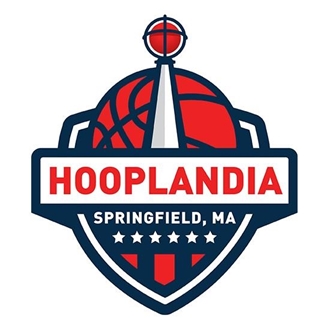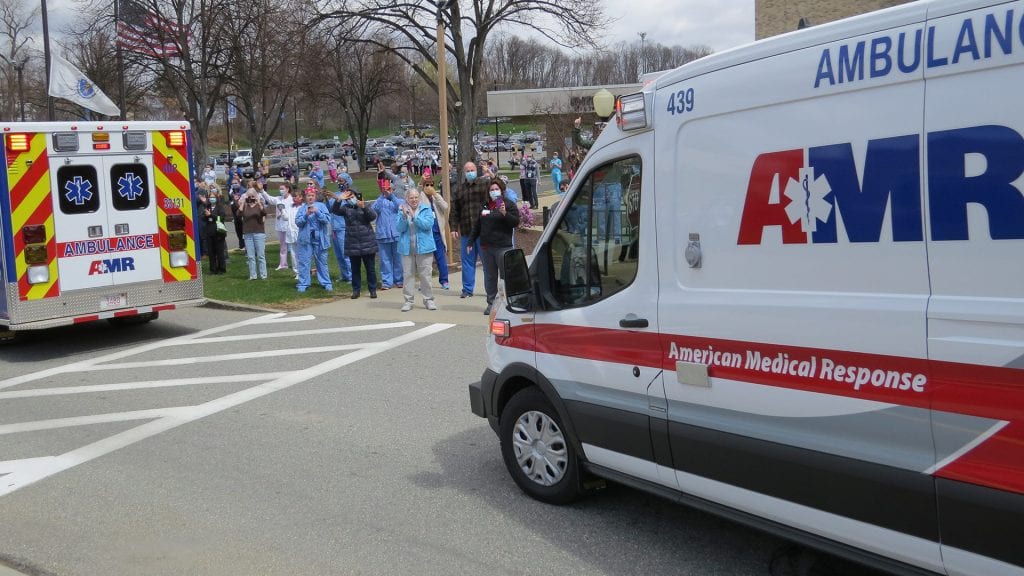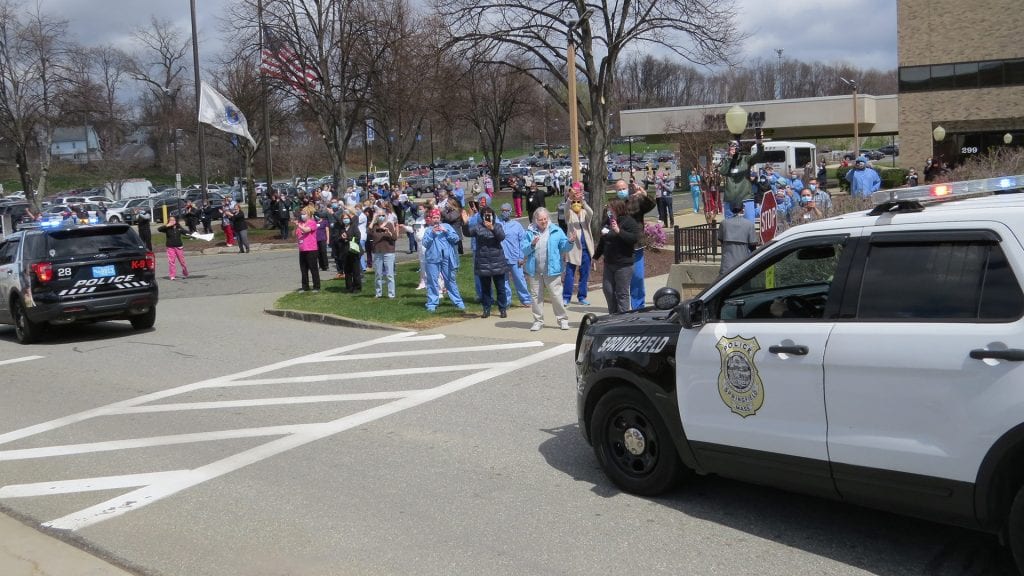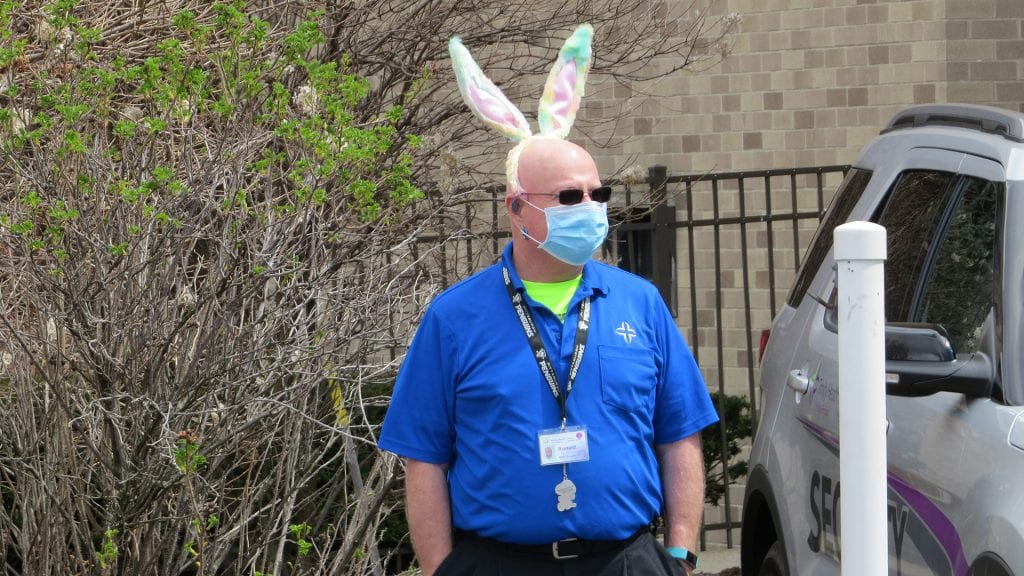AMHERST — Answering an urgent call for assistance from regional healthcare systems, a volunteer team of scientists at UMass Amherst is preparing, testing, and delivering thousands of vials of viral transport media, a chemical solution needed for COVID-19 diagnostic testing. Their work is having a statewide impact.
Team leaders have recruited and trained several dozen volunteers, producing 13,000 vials for seven healthcare systems: Baystate Health, Berkshire Medical Center, Cooley Dickinson Health Care, Harrington Hospital, Heywood Hospital, Holyoke Medical Center, and the Northampton VA. In addition, Massachusetts’ COVID-19 Response Command Center has requested 10,000 tubes a week.
A critical shortage of the solution, which largely had been sourced from Northern Italy, has limited testing capabilities across the nation. Following guidelines from the Centers for Disease Control and Prevention (CDC), the UMass Amherst scientists initially gathered ingredients from their own labs to produce the viral transport medium, which protects the patient’s testing sample from degradation.
“Viral transport medium is an isotonic mixture of salts and minerals, as well as serum proteins designed to stabilize the virus in the patient sample until testing can be done. It also includes antibiotics to inhibit yeast or bacterial growth, which can interfere with the test and destroy the patient’s sample,” said Michael Daley of the Cell Culture Core Facility at the Institute for Applied Life Sciences (IALS), which is spearheading a broad COVID-19 response effort at UMass Amherst.
“The creation of these virtual COVID-19 response teams has proven to be an effective way to rapidly address regional healthcare shortages, even in a time of social distancing,” noted Peter Reinhart, founding director of IALS, whose mission is to translate fundamental research into innovations that benefit humankind.
In a whirlwind of activity after Reinhart sought out UMass Amherst volunteers, a small group of scientists quickly produced some 600 vials of the viral transport media, painstakingly preparing exact proportions, quality-testing the solutions to ensure sterility, printing specialized labels, and affixing them to the vials before University Health Services clinical staff delivered them to two local hospitals.
“Within one week, we had verified and released our first batch,” Daley said. “A lot of credit goes out to everyone involved for us to have been able to pull this off.”
Added James Chambers, director of the Light Microscopy and Cell Culture Core Facilities at IALS, who is overseeing the labeling of the vials, “once the word got out to a few people that we were ramping up production this week, we were inundated with volunteers who want to do something to help with this fight.”
With an efficient process in place, including social-distancing setups in labs where volunteers wear gloves and face shields, the team is ready to speed creation of the viral transport medium. They now have the capacity to make 60 liters and fill 15,000 to 20,000 tubes each week, and are armed with enough supplies to create 120,000 tubes — each representing one COVID-19 diagnostic test.
“We are now at the stage where we are scaling up production and delivery to meet the needs of the frontline workers in our community and across the state,” Daley said.
A key team member is Barbara Osborne, distinguished professor of Veterinary and Animal Sciences, who helped get the project off the ground by providing ingredients from her own lab. She continues to volunteer her time to aliquot, or measure and dispense the medium from a large container into tiny vials, a highly quantitative task being carried out in IALS’ Cell Culture Lab. “This is all being done in one place, and that really is critical for the quality control,” Osborne noted.
She said additional UMass Amherst volunteers are ready to help if the sterile space and personal protective equipment are available. “There are tons of us who know how to make sterile media. I had to tell people to stop volunteering,” she said. “We could easily double the troops we have already enlisted.”
The life-sciences faculty and staff volunteers come from such departments as Biology, Biochemistry and Molecular Biology, Veterinary and Animal Sciences, Microbiology, and Psychological and Brain Sciences. Other volunteers include IALS administrators and staff, as well as some Ph.D. candidates and one undergraduate.
In addition to Daley, Chambers, and Osborne, team leaders are Rebecca Lawlor, Osborne’s longtime lab technician; Amy Burnside, director of Flow Cytometry and the Animal Imaging Core Facility at IALS, in charge of testing the batches for sterility; and Erin Poulin, lab manager at University Health Services, who handles the delivery of the vials to the hospitals.










